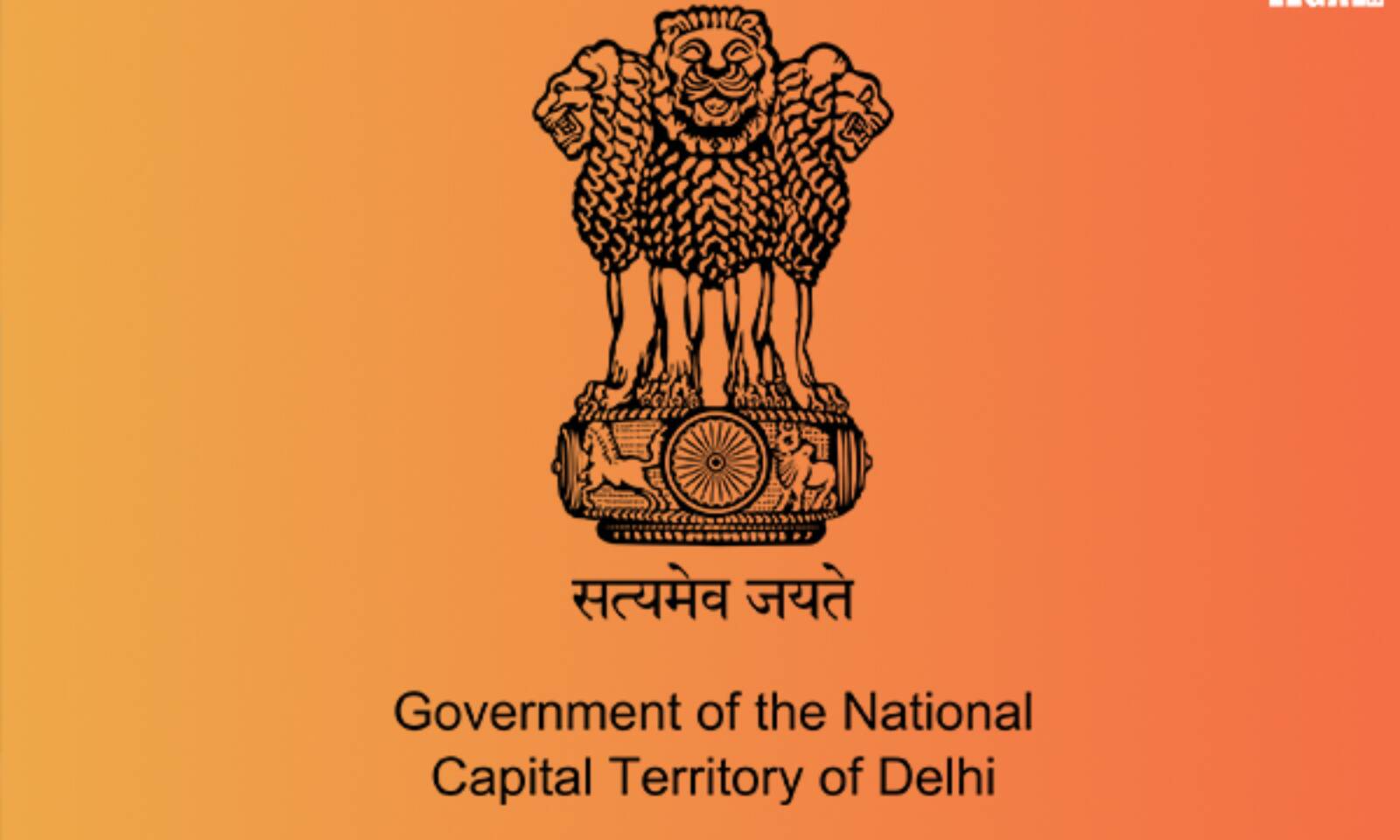The Dental Commission Bill, 2023
The National Dental Commission Bill of 2023 aims to update the Dentists Act of 1948, taking into
account the advancements made in dental education since that time. The aim of the new
legislation is to improve and revitalise the field of dentistry by repealing the Dentists Act of
1948 and dissolving the Dental Council of India.
The Act of 1948 was an overarching legislative framework governing dental education,
profession, and ethical conduct in the country. Its primary points included allowing the
government authorities to approve the creation of dental colleges, broadening the scope of
higher education in this field, and increasing the number of students who could enrol.









